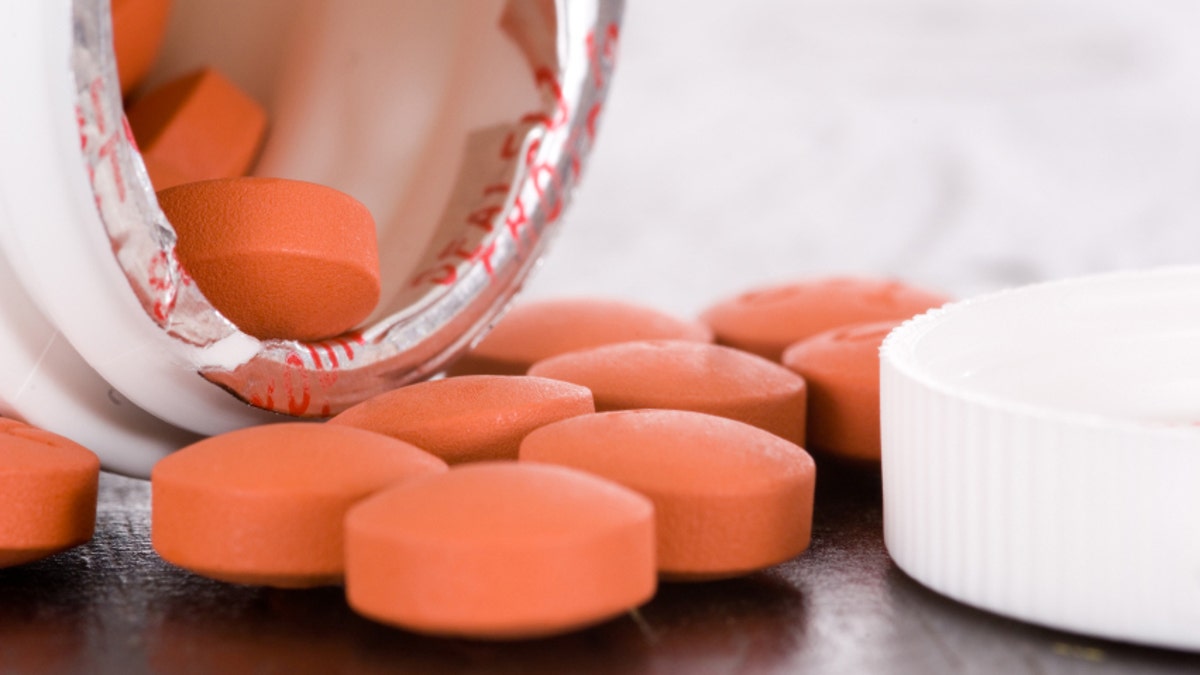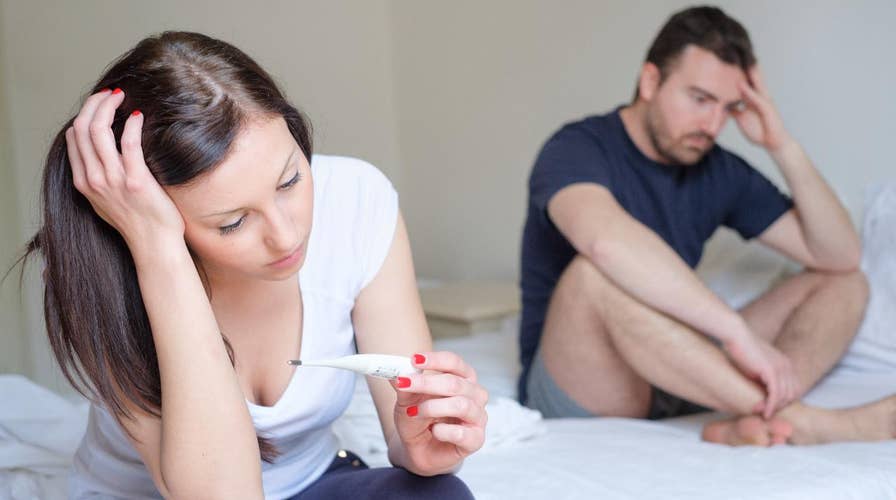Ibuprofen could cause male infertility?
A new study suggests ibuprofen may led to compensated hypogonadism, a condition that can cause fertility issues, muscle wastage, and erectile dysfunction.
The maximum allowed dosage of Ibuprofen for adults, 1,200 mg a day, may result in male infertility, according to a new study.
After two weeks of regular consumption, researchers found that the ratio of testosterone-producing hormones dropped, causing a condition called compensated hypogonadism, which is seen often in elderly men and linked to lower fertility.
Common brands of ibuprofen include Advil and Motrin.

The study looked at 31 Danish and French men between the ages of 18 and 35 — some of them took 600 mg of ibuprofen twice a day, while the rest took placebo. (IStock)
The results of the study were published Tuesday in the Proceedings of the National Academy of Sciences.
The authors said in their report they were able to demonstrate that the endocrine capabilities from certain testicular cells, including testosterone production, were suppressed.
TESTS SHOWING LOW EGG RESERVES NOT LINKED TO INFERTILITY
“Our data demonstrate that ibuprofen alters the endocrine system via selective transcriptional repression in the human testes, thereby inducing compensated hypogonadism,” they wrote.
The study looked at 31 Danish and French men between the ages of 18 and 35 — some of them took 600 mg of ibuprofen twice a day, while the rest took placebo.
Experts quoted by WebMD reacted to the study findings.
"This is a landmark study that elegantly combines clinical and basic research, at both tissue and cellular levels, to show that ibuprofen, a common over-the-counter painkiller, can reversibly hinder testosterone production by testicular cells," said Richard Quinton, MD, from Newcastle University in England and the Society for Endocrinology.
COUPLE WHO STRUGGLED WITH INFERTILITY FOR 13 YEARS BECOME PARENTS
He noted that up until now most warnings regarding this family of painkillers had focused on limiting long-term use in the elderly to prevent gastrointestinal, renal and cardiac adverse effects.
“This study should give pause for thought to sportsmen using them routinely for exercise-induced aches and pains,” Quinton told WebMD.









































